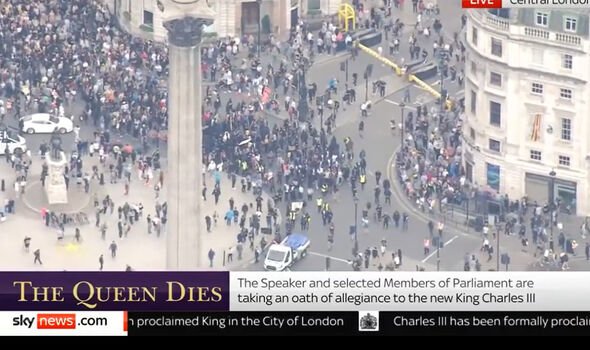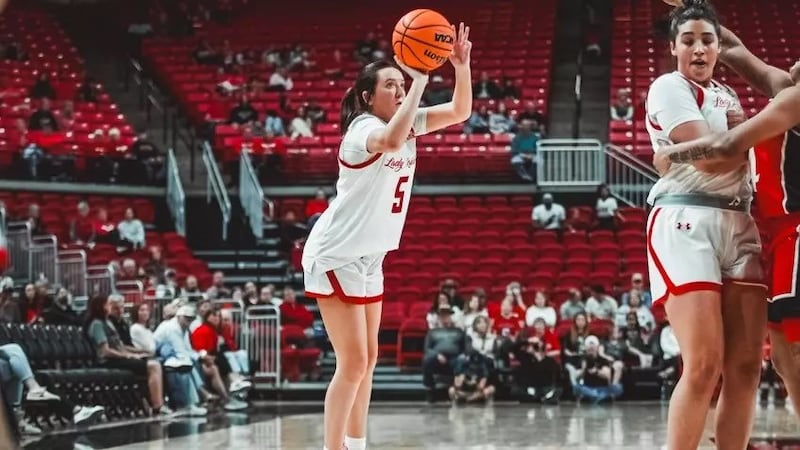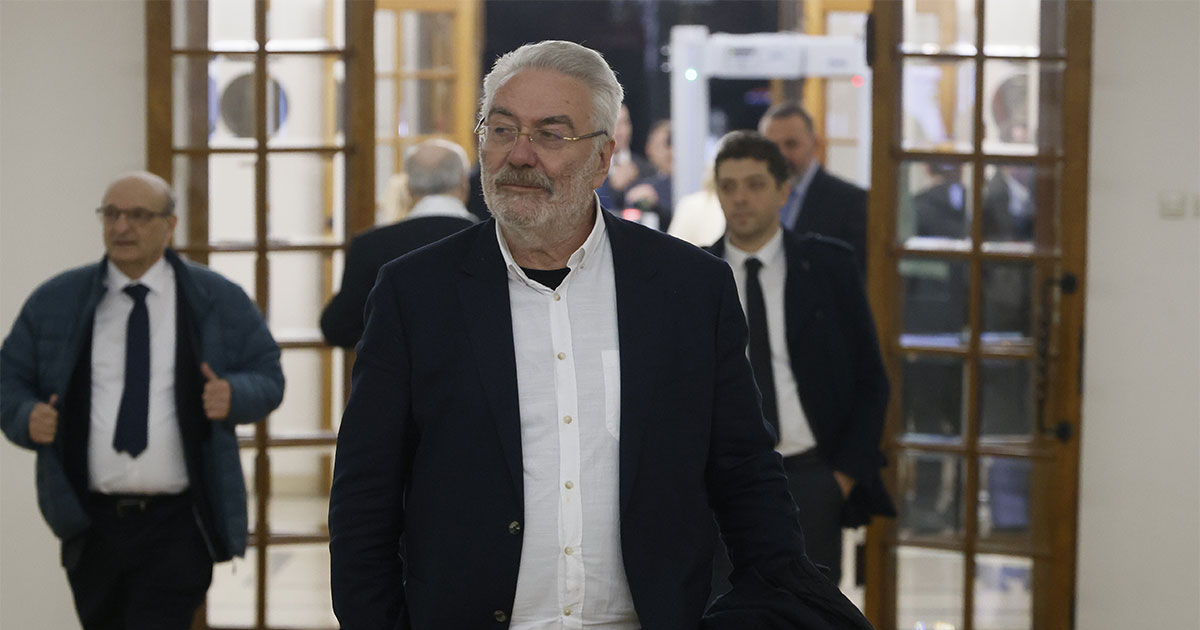Meta Faces FTC: A Deep Dive Into The Instagram And WhatsApp Lawsuit

Table of Contents
The FTC's Allegations Against Meta
The core of the Meta FTC Lawsuit rests on the FTC's claim that Meta's acquisitions of Instagram in 2012 and WhatsApp in 2014 were anti-competitive, stifling innovation and limiting consumer choice.
Anti-competitive Acquisition of Instagram
The FTC argues that Meta, then known as Facebook, acquired Instagram to eliminate a burgeoning competitor. They contend that Instagram posed a serious threat to Facebook's dominance in the photo-sharing and social networking market.
- Instagram's rapid growth: Before the acquisition, Instagram experienced explosive growth, attracting millions of users with its innovative features and user-friendly interface. This rapid ascent presented a clear challenge to Facebook's market leadership.
- Evidence of competitive suppression: The FTC presented evidence suggesting that Meta took steps to suppress Instagram's potential to grow into a major competitor, potentially hindering its development of independent features and functionalities. This included integration efforts designed to ultimately make Instagram reliant on the Facebook ecosystem.
- Impact on innovation: The FTC argues that the acquisition stifled innovation by removing a strong independent competitor from the market, preventing the development of alternative social media platforms and features.
Anti-competitive Acquisition of WhatsApp
Similar arguments are made regarding the WhatsApp acquisition. The FTC claims that acquiring WhatsApp, a popular messaging app with a substantial user base, eliminated a significant competitor and further solidified Meta's control over the social media and messaging landscape.
- WhatsApp's vast user base: At the time of acquisition, WhatsApp boasted a massive global user base, making it a powerful player in the mobile messaging market.
- Integration and data concerns: The FTC highlights Meta's integration of WhatsApp with its other platforms, raising concerns about data sharing and the potential for abuse of user information. This integration, they argue, further reduced competition.
- Impact on user data privacy: The acquisition, according to the FTC, also raised serious concerns regarding user data privacy and security, given the vast amounts of personal information held by both platforms.
Meta's Defense Strategy
Meta's legal team is expected to vigorously defend against the FTC's allegations. Their strategy likely involves arguing that the acquisitions were pro-competitive and beneficial to consumers.
Arguments Against Anti-competitive Behavior
Meta will likely argue that the acquisitions were not only legal but also beneficial for users by creating seamless integration across its platforms.
- Benefits of integration: Meta is likely to point to the benefits of integrating messaging platforms, highlighting how users can connect more easily across Facebook, Instagram, and WhatsApp.
- Enhanced user functionality: They will emphasize the increased functionality and user experience resulting from the integrations, suggesting that consumers benefited from these mergers.
- Economic synergies and efficiencies: Meta may argue that the acquisitions created economic synergies and efficiencies, leading to cost reductions and innovations that benefited consumers.
Challenges to the FTC's Evidence
Meta's defense will likely challenge the FTC's evidence, questioning its methodology and interpretation of the market.
- Weaknesses in the FTC's case: Meta’s legal team might point to weaknesses in the FTC’s economic modeling and market analysis, arguing that the FTC overstated the competitive threat posed by Instagram and WhatsApp.
- Expert testimony and counter-evidence: Meta will likely present expert testimony and data analysis to counter the FTC’s claims, offering alternative interpretations of market dynamics and competitive landscape.
- Legal precedents: Meta’s defense will likely cite legal precedents and case law to support its arguments, contesting the FTC’s application of antitrust laws in this specific context.
Potential Outcomes and Implications
The outcome of the Meta FTC Lawsuit will have significant implications for Meta and the broader tech industry.
Possible Remedies
If the FTC prevails, several remedies are possible:
- Divestiture: The FTC could order Meta to divest itself of either Instagram or WhatsApp, effectively forcing the sale of one of these platforms to a separate entity. This would have a massive economic impact.
- Significant fines: Meta could face substantial financial penalties, which could affect its stock price and overall financial stability.
- Behavioral remedies: The FTC might impose behavioral remedies, such as restrictions on Meta’s future acquisition activity or data sharing practices. This would set a strong precedent for future regulatory actions against large tech companies.
Impact on the Tech Industry
The lawsuit's outcome will profoundly affect the tech industry:
- Future acquisitions: The case will set a crucial precedent for future mergers and acquisitions in the tech sector, potentially making it more challenging for large tech companies to acquire smaller competitors.
- Antitrust regulations: The lawsuit will likely spur further discussion and potential changes to antitrust regulations, leading to stricter scrutiny of acquisitions and potential antitrust enforcement actions.
- Increased government oversight: The outcome might lead to increased government oversight and regulation of the tech industry, impacting how tech giants operate and conduct business.
Conclusion
The Meta FTC Lawsuit concerning the acquisitions of Instagram and WhatsApp is a landmark case with far-reaching implications for the future of social media and competition in the tech sector. The outcome will significantly impact Meta's business model, set a precedent for future mergers and acquisitions, and influence the regulatory landscape of the tech industry. Staying informed about this Meta FTC Lawsuit is crucial for understanding the evolving dynamics of antitrust regulations and their influence on the digital world. Follow further developments in this Meta FTC Lawsuit to remain informed about its progress and implications.

Featured Posts
-
 Ofc U 19 Womens Championship 2025 Tonga Earns Qualification
May 01, 2025
Ofc U 19 Womens Championship 2025 Tonga Earns Qualification
May 01, 2025 -
 Independent Police Complaints Commission Challenges Chris Kaba Panorama Episode To Ofcom
May 01, 2025
Independent Police Complaints Commission Challenges Chris Kaba Panorama Episode To Ofcom
May 01, 2025 -
 Narrow Loss For Lady Raiders Cincinnati Takes Home Victory 59 56
May 01, 2025
Narrow Loss For Lady Raiders Cincinnati Takes Home Victory 59 56
May 01, 2025 -
 Evrobasket 2024 Sedlacek O Ucescu Jokica I Jovica
May 01, 2025
Evrobasket 2024 Sedlacek O Ucescu Jokica I Jovica
May 01, 2025 -
 Becciu Deve Risarcire 40 000 Euro La Sentenza Del Tribunale
May 01, 2025
Becciu Deve Risarcire 40 000 Euro La Sentenza Del Tribunale
May 01, 2025
